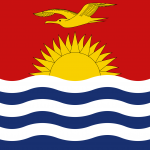The difference between Sudan and South Sudan goes far beyond just geography. While they were once one nation, the split in 2011 created two distinct countries with their own cultural, religious, and political identities.
Although these nations share a history and some cultural ties, their differences are stark and rooted in deep historical and socio-political contexts. Let’s take a closer look at what sets Sudan and South Sudan apart, from religion to lifestyle, to help you understand the distinctions.
Table of Contents
Religion: A Major Dividing Factor

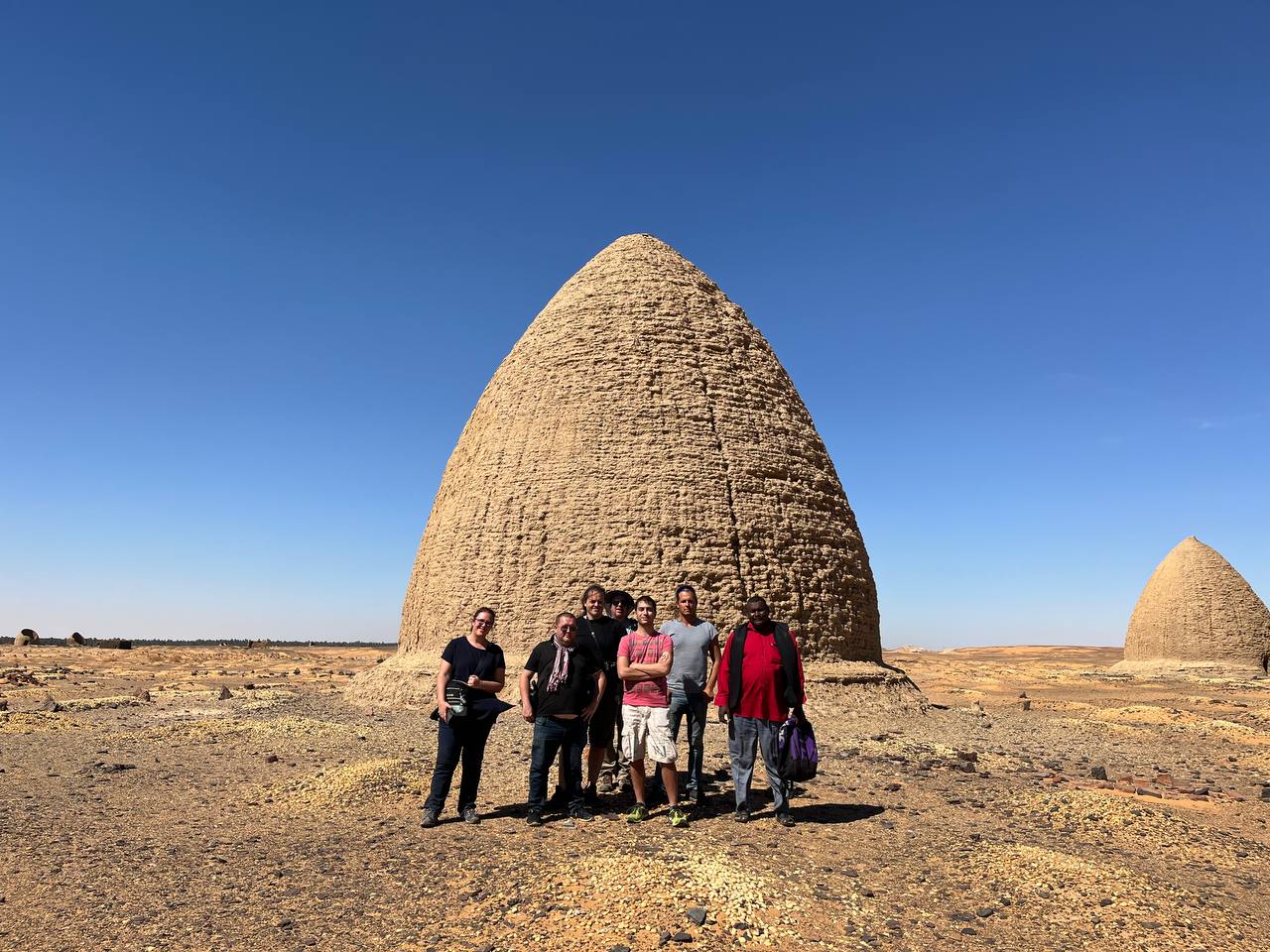



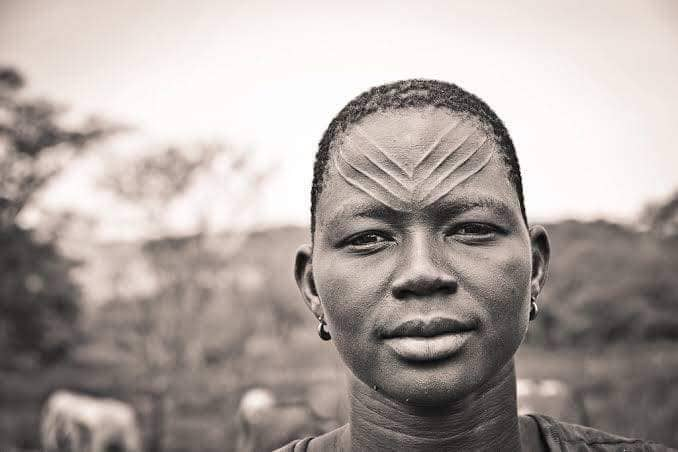
One of the most significant differences between Sudan and South Sudan is religion. Sudan is primarily an Islamic country, with Islam being the dominant religion and influencing many aspects of public and private life. Sudanese laws are based on Islamic principles, and the majority of the population practices Sunni Islam. As a result, Sudan’s culture, customs, and even laws are heavily influenced by Islamic teachings, from dress codes to social norms and the legal system.
On the other hand, South Sudan has a more diverse religious makeup, with Christianity being the dominant faith. The majority of South Sudanese are Christians, primarily Roman Catholics and Protestants. While there is a significant Muslim minority in South Sudan, the influence of Islam is far less compared to Sudan. This religious difference translates into a stark contrast in the way people live, with South Sudanese embracing Christian holidays and traditions, while Sudanese follow Islamic practices.
Culture and Lifestyle: Freedom vs. Conservatism
The cultural divide between Sudan and South Sudan is also notable. Sudan’s conservative, Islamic influence dictates many aspects of daily life. Women, for example, are expected to adhere to strict dress codes, often covering themselves fully in public. Public displays of affection are rare, and drinking alcohol is illegal. The country’s laws are centered around Islamic principles, and the authorities enforce these rules with great seriousness.
South Sudan, however, offers a much more relaxed atmosphere, with fewer restrictions on dress, behavior, and public interaction. The South Sudanese enjoy a more liberal lifestyle, where you might see topless women casually walking around, something that would be absolutely unthinkable in Sudan. Public drinking is also widely accepted, and alcohol plays a much larger role in socializing and celebration. This difference in lifestyle reflects the overall sense of freedom that characterizes South Sudan compared to its northern neighbor.


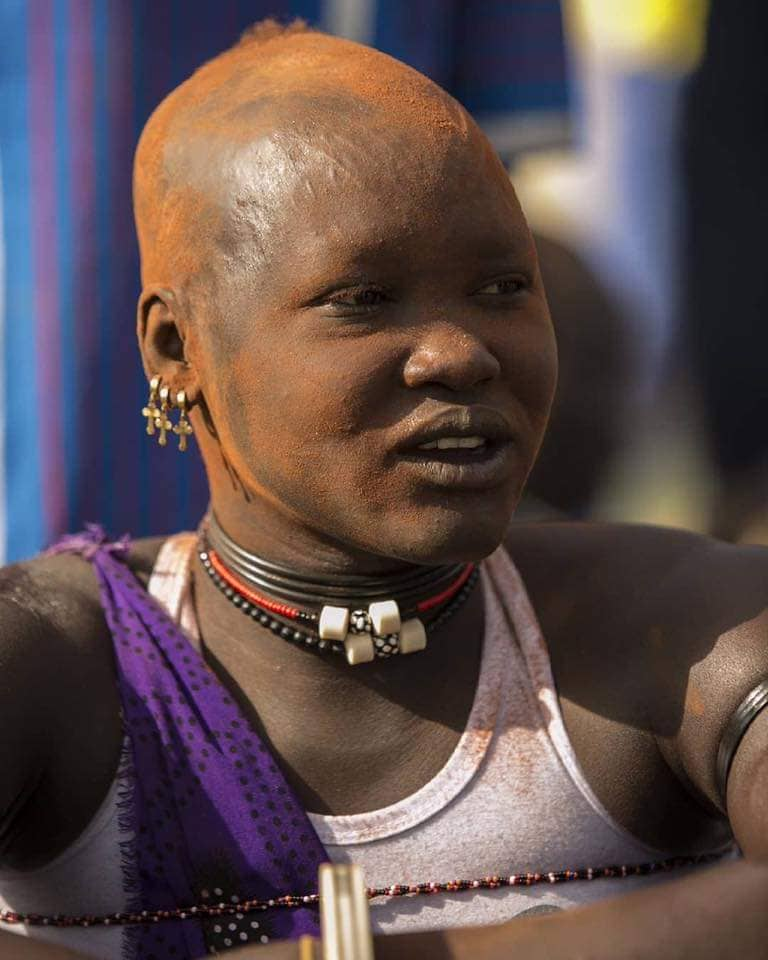
The Drinking Culture: A Sharp Contrast
When it comes to drinking, the difference between Sudan and South Sudan couldn’t be more pronounced. In Sudan, alcohol consumption is strictly prohibited by law due to its Islamic foundation. Despite this, there are underground ways of acquiring alcohol, with homebrewed moonshine being available in some areas. Still, drinking is something that happens discreetly and often under the radar.
In South Sudan, however, drinking is part of the social fabric. You’ll find people sipping on cold beers or enjoying a local brew in most restaurants and bars. South Sudan’s relaxed attitude towards alcohol contrasts sharply with Sudan’s prohibition. Whether in the bustling streets of Juba or smaller villages, you’re likely to see locals enjoying their drinks in open spaces, and this is widely accepted in the culture.
Political History: A History of Conflict and Separation
The difference between Sudan and South Sudan is rooted deeply in their political histories. Sudan has long been the site of ethnic and religious tensions between the predominantly Arab Muslim North and the African Christian/Animist South. These tensions came to a head in 2011 when South Sudan gained independence after decades of civil war. The civil war was fueled by disputes over religion, culture, and political power. This history of conflict left South Sudan with its own set of challenges, including internal strife and a fragile peace.
While Sudan continues to face its own issues, including the conflict in regions like Darfur, South Sudan has experienced its own internal violence since its independence. The 2013 civil war, sparked by political disagreements, further strained the country. Despite this, South Sudan’s independence has allowed for more cultural freedom, while Sudan remains heavily influenced by its Islamic roots and a more authoritarian regime.


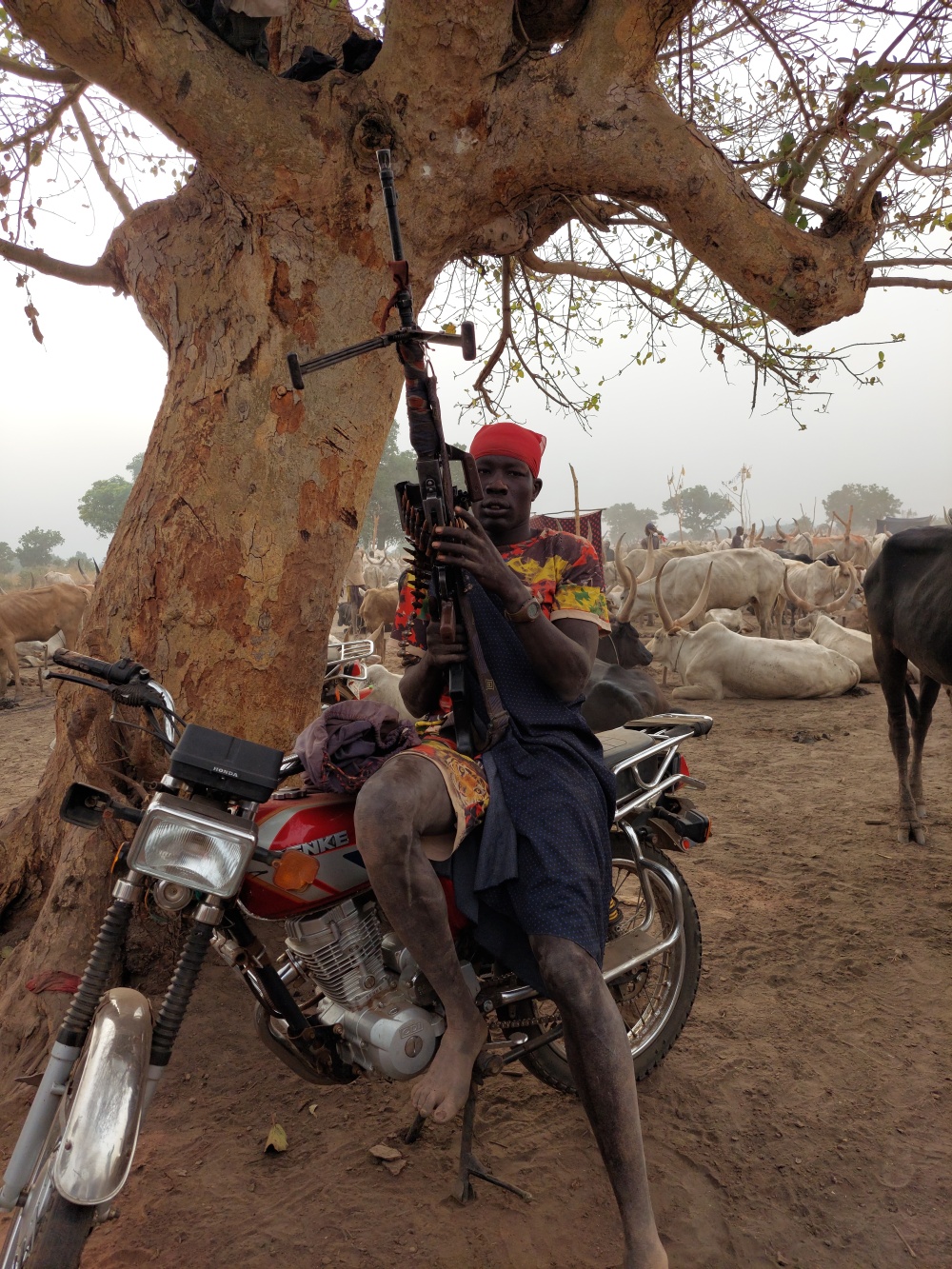
Geography and Resources: Different Landscapes
Geographically, the two countries also differ. Sudan is primarily desert, with vast stretches of arid land that are sparsely populated. It’s rich in natural resources, particularly oil, which has been central to its economy. However, much of the land is inhospitable, and agriculture is limited due to the lack of water and fertile soil.
South Sudan, on the other hand, has more fertile land and is home to vast wetlands and fertile plains. The Nile River runs through both countries, but South Sudan’s geography is more suited for farming and agriculture. The rich agricultural potential is an important factor in South Sudan’s economy, which relies heavily on subsistence farming and livestock.
The Future: Challenges and Opportunities
Both Sudan and South Sudan face significant challenges. Sudan has struggled with its transition to democracy and the ongoing conflict in the Darfur region. South Sudan, despite its younger age, has faced internal conflict and a fragile peace since its independence. However, South Sudan’s future holds a unique potential for growth, with its agricultural lands offering the possibility of prosperity if peace is sustained.
Conclusion: The Key Differences
So, what is the difference between Sudan and South Sudan? It’s about religion, culture, politics, and lifestyle. Sudan remains a conservative, predominantly Muslim country with strict laws around alcohol and public behavior. South Sudan, in contrast, is a much more relaxed, diverse country where Christianity is the dominant faith, and public drinking is common.
The divide between these two nations is a result of years of conflict, which led to South Sudan gaining independence. Despite their differences, both countries share a deep connection to the Nile River and the African continent’s history.
So, which is better Sudan, or South Sudan? No comment…..





